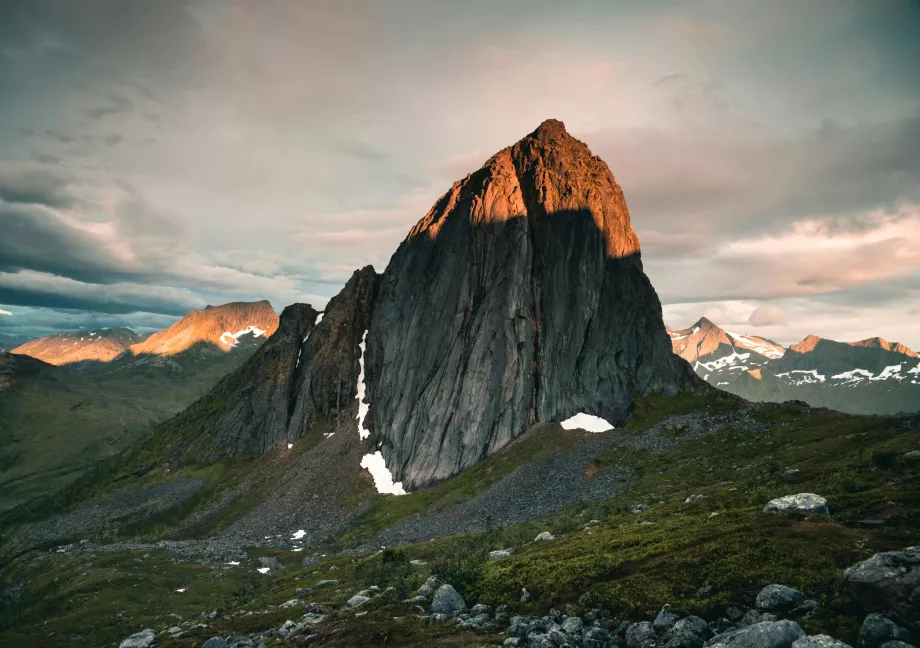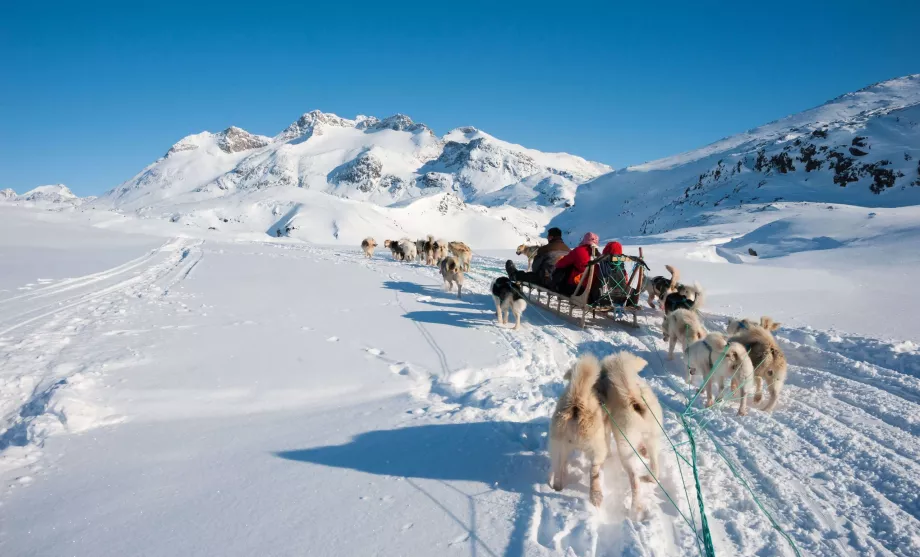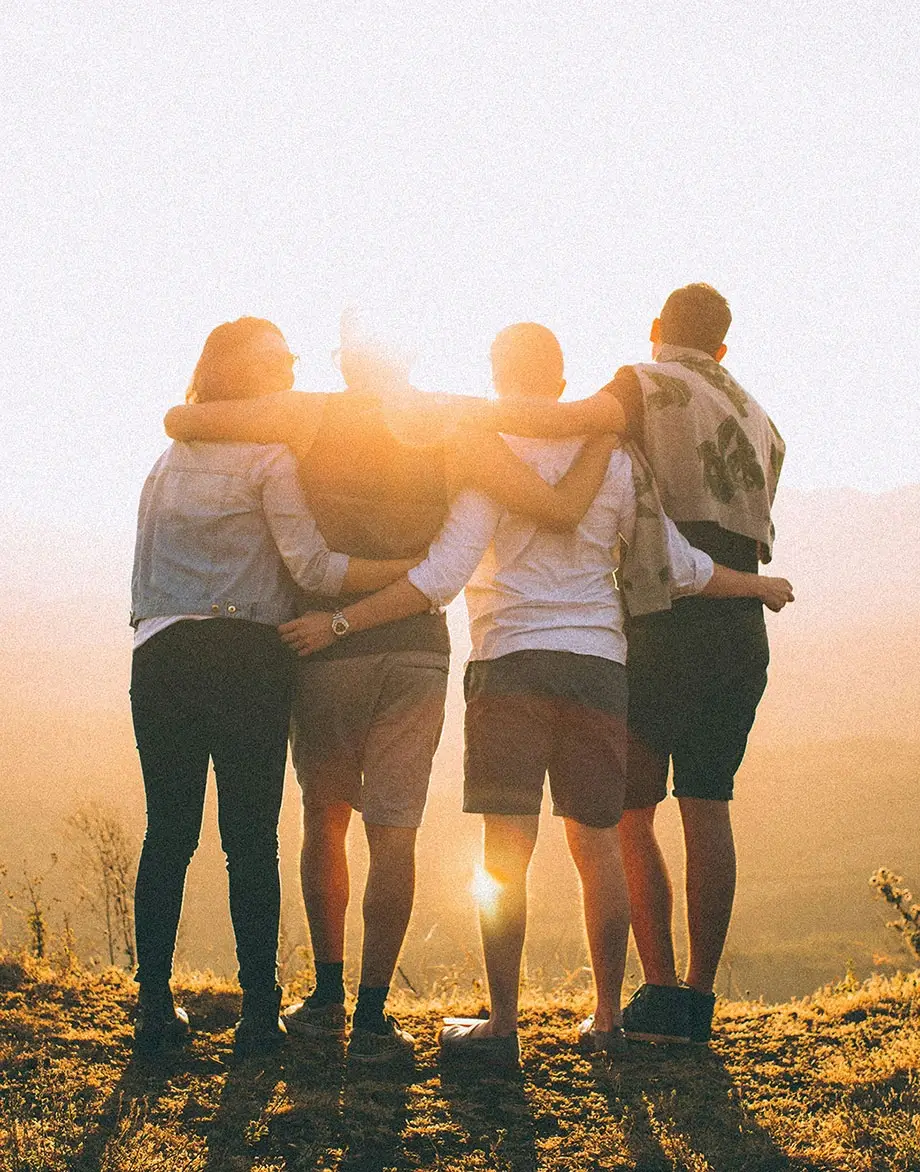
Culture and history of Greenland


How easy is it to speak English in Greenland? What are Greenlanders like and when are shops closed in Greenland?
Compare flight prices on skyscanner.com
Language
The official language is Greenlandic, which falls under the Inuit languages and is therefore very difficult for foreigners to learn.
Greenlandic uses the Latin alphabet for writing, but when you hear the spoken word, it doesn't sound like any other known language.
As Greenland is an autonomous part of Denmark, Danish can be used in official dealings and is also taught from primary school onwards. Although Danish is by no means a widely spoken language in Greenland, most Greenlanders speak Danish.
Knowledge of English
Foreign tourists need not worry about not being able to speak English in Greenland. In services such as hotels or travel agencies, English is spoken very well.
The locals usually speak English as well, although English proficiency is definitely the lowest of all the Nordic countries.
History in a nutshell
Settlement in Greenland goes back a long way, with the Inuit inhabiting the island as early as the 7th century BC.
Settlers from Europe began settling the Greenland coast around 1000 AD, mainly seafarers from what is now Norway and Iceland.
During the 15th to 17th centuries, Greenland was conquered by the Kingdom of Norway and Denmark, and after the partition of Norway and Denmark in 1814, the Danes took control of Greenland.
Greenland remains part of the Danish monarchy to this day, but with very extensive autonomy. All administration of local affairs is managed from Greenland, with Denmark providing only security and partly foreign policy.
In practice, however, Greenland acts as a separate entity and is slowly moving towards full independence.
People and religion
Greenland has a population of only 57 000, which means that the country has the lowest population density in the world.
All settlements and towns are scattered along the fjords and on islands close to the coast. There is no permanent settlement in the inland part of Greenland and on the northern coast.
Around 90 % of the total population is Greenlandic, followed by about 8 % Danes and 1 % from other Nordic countries.
Religion and belief
Statistically, Greenland is a very religious country, with over 98% of the population adhering to a religion.
Of these, over 95% are Protestant.
Generally speaking, however, Greenlanders do not practice religion much and it does not interfere with everyday life.
Holidays
In the larger towns, some shops are open until 10pm. Normally, however, it is more like 8 pm. On Sundays and public holidays, supermarkets and restaurants remain open, but shops selling clothes and other goods, offices or post offices are closed.
Public holidays in Greenland
Banks, offices and some services are closed on public holidays. Public transport, for example, runs on public holidays as well as on weekends.
Public holidays:
- 1 January - New Year
- Green Thursday - floating date in spring (Easter)
- Good Friday - floating date in spring (Easter)
- Easter Monday - floating date in spring (Easter)
- 1 May - Labour Day
- Ascension Day - moving date (40 days after Easter Sunday)
- Whit Monday - floating date (50 days after Easter)
- 21 June - Greenland National Day
- 8 September - Feast of Our Lady of Victory
- 24 December - Christmas Day
- 25 December - Christmas Day
- 26 December - Christmas Day
- 31 December - New Year's Eve
Culture
Greenland's culture is still heavily dominated by Inuit culture, but is heavily influenced by Nordic culture, whether it be in art or everyday life.
Although almost every Greenlander adheres to a religion, the influence of faith on daily life is very weak.
Greenlanders live a lot by work. After work, they usually go straight home and there is little entertainment in pubs or restaurants.
Tourism
Tourism is becoming an important industry for Greenland, although the gross domestic product is still dominated by industry and fishing.
Tourism infrastructure is developing, particularly in the towns of Ilulissat and Nuuk, where new hotels are being built and there is a large range of organised tours.
Search for accommodation in Greenland
When planning a holiday in Greenland, it is important to remember that apart from hiking, practically most other activities are only possible with a tour operator and tours cost between 100 eur and 300 eur.
We describe summer and winter activities in detail in the chapter What to do in Greenland.
Any questions left?
If you have any questions or comments about the article...

